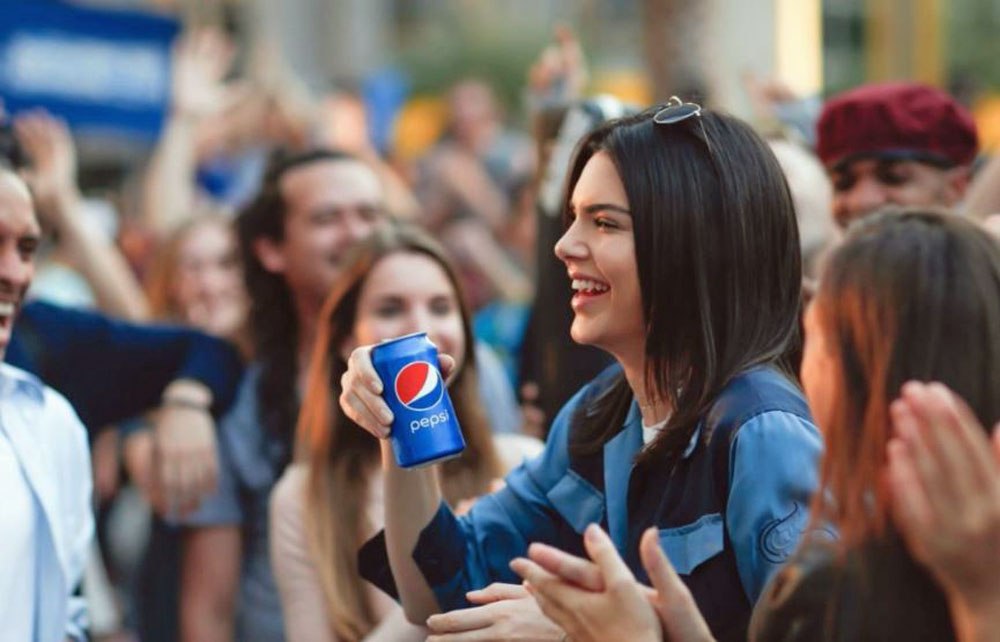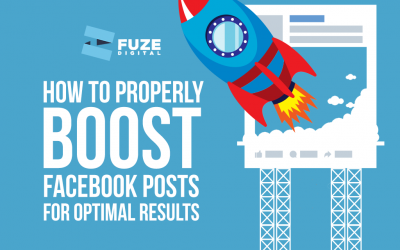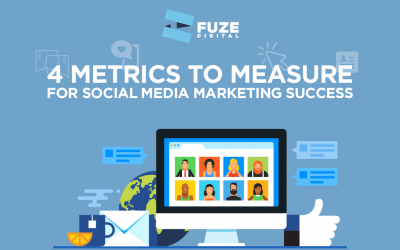by Claire Linatoc
To act or not to act? An average person spends almost nine hours a day on social platforms such as Facebook, Twitter, Instagram, and even Snapchat. Most of the time, people don’t just spend those nine hours chatting with their friends or browsing through the latest set of memes. Social media right now is a platform for all sorts of social and political issues.
You cannot go through a day where you won’t see a video of a celebrity making a stand or a company that did a good deed for someone else. You can bet that your friends and their friends have shared that video. The question is should brands care as much as their consumers do? Should they give as much energy as the public on certain topics? Should they or should they not make a stand?
In the past, mixing brands and social issues together had always been a huge no for marketers and advertisers. You needed a clean image and a ‘clean image’ meant staying away from talks of gay rights, black lives matter, and even the increase of women wages.
Brands only cared about their own image and how they can make a profit of it and, in a way, they were only going with the times because people didn’t care much about other people back then. Now, they do. Everyone matters for the public and they expect everyone to care — including brands.

Using rainbow-colored skins and logos, Google shows their support for LGBT rights
Google supported gay rights and marriage; Facebook released a statement supporting immigrants; Dove release a campaign about natural beauty. All making a stand and almost all received positive feedback from their consumers.
When brands choose to make a stand, they are not just showing active participation but they are giving the chance for their consumers to participate with them in this journey towards a better world. They are building consumer relationship not through product trial or conversion but through shared beliefs. Thus cementing costumer loyalty and giving new possible consumers a different way of seeing the brand.
However, careful statements and press releases are not what the public is looking for but actual actions from the brand. An example is when Apple CEO Tim Cook announce he was gay in 2014 to support equal rights for the LGBTQ+ community.

People in social media said the Pepsi ad did not represent real protests
When not represented correctly, brands can receive backlash. A recent example is the Pepsi ad featuring Kendall Jenner which the public thought that the ad was too passive, too silent, and too light for such an issue. It did generate buzz for the brand, however, just not the buzz they wanted.
Consumers are also becoming more critical of brands that do brand activism. Scrutinizing companies that say they stand for something when in reality they are just going with the tide of the social landscape.
Whether your brand decides to take a stand one must always be clear of the goal and the position you want to take. Consumers know when a company is lying to them and they are not afraid to point that out.






